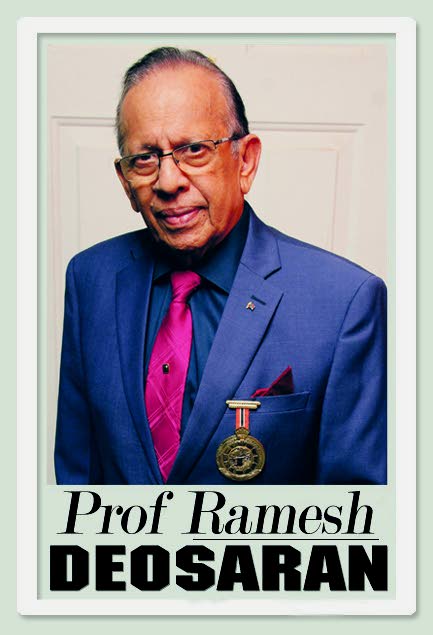Fixing election dates

Look, if local government and the value of citizens’ votes are so important, so valuable, why not insert a fixed date in the Constitution for holding local government elections?
This should have been one of the fundamentals in local government reform. If left as is, we may be in for more political squabbles and even courthouse problems next time around. Similarly, also fix a definite date for our general elections in the Constitution.
The discretionary space triggers too much unnecessary suspicions, political unrest and the politics of uncertainty. The excesses of democracy must sometimes be tamed. We should no longer have the election date walking around in somebody’s “back pocket.” (States of emergency have special provisions). Calling an “early election” like two years after general election may suit a person or party but not the country. Remove the political uncertainty, fears and mistrust and instead give the society the trust and confidence in the political system as required for a healthy democracy. It is a win-win change for all parties and country too.
We are in a quarrelsome state because of no specific date for local government elections. Last week saw the “election date” battle. Opposition Leader Kamla Persad-Bissessar loudly declared in San Fernando: “You have run so far, you will continue to run for 90 days, but you cannot hide. The electorate will be there waiting to vote you out.”
Three days after, PM Dr Rowley in San Fernando too, loudly rebuked her election date call while pelting some serious corruption allegations against the UNC.
Last week too, Dr Rowley, on AG Reginald Armour’s advice, duly promised to call local government elections “within three months from May 18, 2023.” Why no specific date, even during the “validation” debates?
The society is now too over-heated with a “war” between legality, legitimacy and public opinion. Like an over-heated vehicle, it needs cooling down. It needs political certainty, not surprises.
The Constitution liberally states: “The President, acting in accordance with the advice of the Prime Minister, may at any time prorogue or dissolve Parliament.” (Section 68(1)) At “any time?” We need a debate over this.
The Constitution further states: “A general election of members of the House of Representatives shall be held at such time within three months after every dissolution of Parliament as the President, acting in accordance with the advice of the Prime Minister, shall appoint.” (Section 69(1) No specific date here.
This democratic society will be better served if all parties, citizens and Elections and Boundaries Commission can be predictably and properly prepared with constitutionally-fixed dates for elections. Which party wins is up to the electorate. Political uncertainty creates unnecessary fear and suspicions. There is already too much uncertainty in economics, crime, education and our mode of parliamentary democracy.
The election date and councillors’ extension was one controversial matter. But the manner in which the executive sought to extend the tenure of sitting councillors, etc, became a troubling matter for the Privy Council. Departing from the High Court ruling and Appeal Court ruling, the Privy Council (3-2) was not so much troubled by the "unconstitutional" status of the extension but more so by citizens not having to vote. This twisted judicial journey requires scholarly analysis on all sides.
Ernest Koylass, SC, reflects: ”Such unsustainable (constitutional) complaint, having been dismissed by the courts at all levels, the litigation was reduced to the issue of whether, as a matter of construction, the language and context of the (govt) amendment, when considered with the relevant principles of construction clearly captured that the new four-year term of office applied to officeholders who then held office at the time of the amendment. That is all.” Mr Koylass then instructively stated: “Clearly, the drafting was faulty.” So it appears that “judicial construction” was applied to patch up “faulty drafting?”
Citizens may now ask: "Could all this effort, money and contentious politics have been saved if the election date and its ancillary features were in the Constitution?”
Does the government have the political courage to do it? Does the Opposition have the vision to formally propose it in Parliament? Or would everybody now stand their comfortable ground?
Prof Deosaran was a former Independent Senator and chairman of the Parliamentary Joint Select Committee to inquire and report on Service Commissions and Municipal Corporations.

Comments
"Fixing election dates"